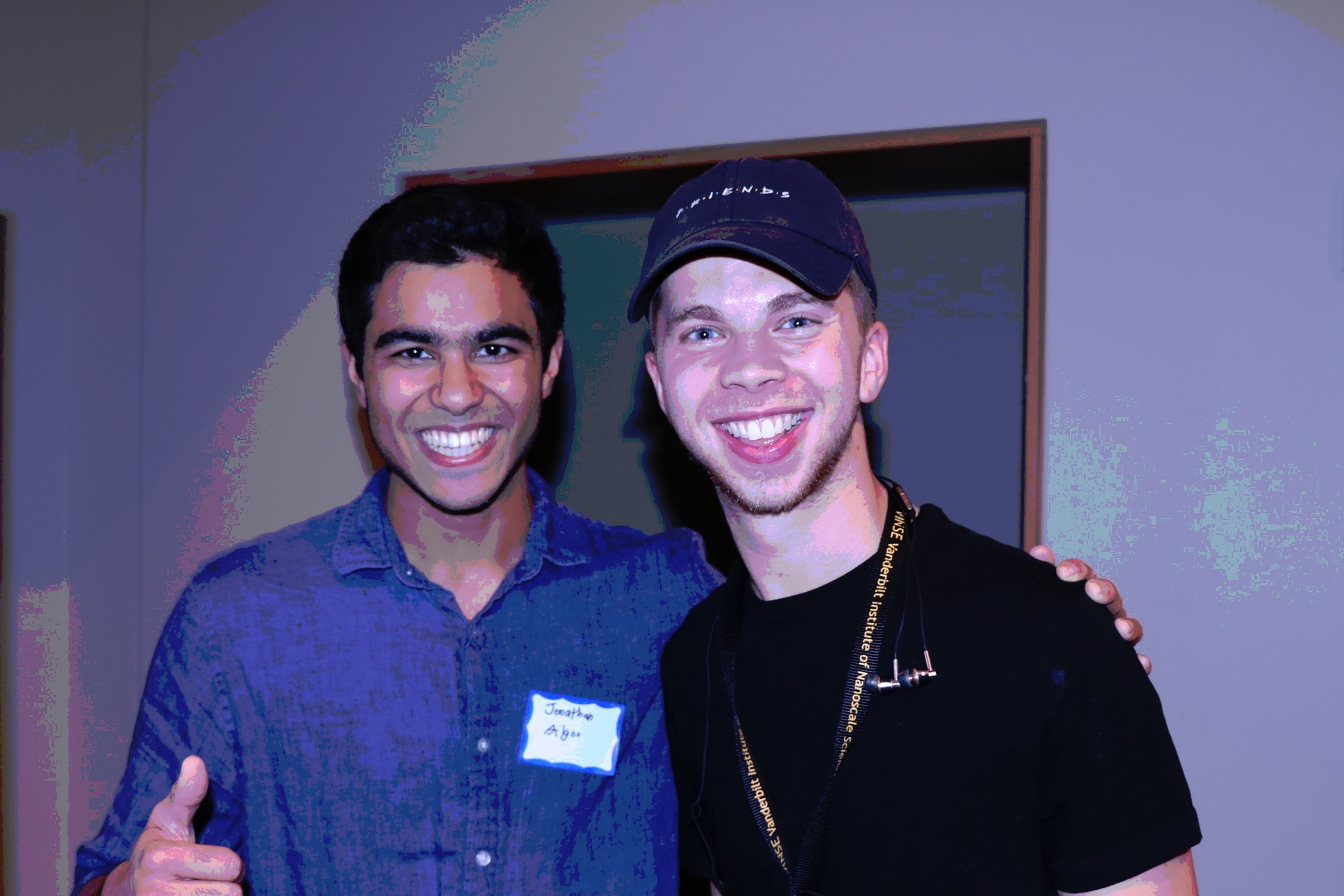Mentoring Other Students

Mentoring
What is the purpose of the mentor?
Mentors are people with a set of experiences and expertise that use their knowledge to coach or help someone else (the mentee) develop their career skills and professional network. In a research setting the mentor is often the person who will help teach lab skills, help with the design of experiments and who will introduce the mentee to other people in the lab or the field of science. Additionally mentors often also offer support and advice when lab or life are not going well.
Levels of mentorship in a lab
Labs will often contain multiple mentors. The most influential mentor or the mentor with the most power is the PI, this is the person who runs the lab an who will be the one to decide that you will be mentoring someone. Additionally, labs contain Post docs, lab techs and other undergraduate students who may function as mentors to you at some point. If you are acting as mentor you are likely mentoring another undergraduate student. Your role as a mentor will be determined by your PI but you are most likely going to be sharing your knowledge of various lab techniques.
Types of Mentors (Adapted from Choosing the right mentor research guide section)
There are many types of mentors. When thinking about what mentor you want to be it is important to consider the needs of your mentee as well as how much extra time and energy you have to devote to being a mentor. To be a successful mentor it is important to communicate expectations to the mentee and to ask what the mentee’s needs are.
Common mentorship styles:
• Hands off mentorship: Mentors in these labs generally only help students when directly asked and they prefer students to be independent. The culture in these labs is usually a bit more individualistic. If you are working with a student who is independent and you don’t mind not having complete control over the experiment this could work for you
• Hands on mentorship: These mentors will likely require regular meetings and will often walk around the lab to see how people are doing. This can be good if you are mentoring someone with no lab experience and if you have the time for this.
• Open door policy mentors: These mentors allow you to decide what you need. They will leave their door open to help you but won’t actively seek you out. If you are a flexible person who has time to be hands on but doesn’t necessarily need to know what’s going on at all times this mentorship style works well.
Mentorship tips:
· Talk to your mentor (the PI) and make sure you understand the expectations for you and your mentee
· Communicate expectations to your mentee and also ask what their expectations are
· Maintain an open line of communication so if something is not working you can figure it out
· Respect your time and the time of your mentee don’t be afraid to say no if you don’t have time to help someone with something but if you committed to help make sure you follow through.
· Don’t be afraid to ask your mentors for help if something comes up you cant figure out.
Self-Reflection: What type of mentor do you want to be?
What have you learned from people who have mentored you?
· Who have been the most influential mentors in your life? (good and bad)
· What are some things you have liked about the good mentors in your life?
· What are somethings you would have changed about mentorship you have received?
· What qualities do you want to have a mentor?
· What qualities do you not want to have?
Questions to ask yourself before agreeing to be a mentor
· Do I have extra time to devote to mentoring?
· Do I know the work enough to teach it?
· Do I like teaching people things?
Questions to ask your PI about mentoring
· What are your expectations from this mentee?
· How involved do you want to be in the mentoring?
· What are your expectations for me as a mentor?
Questions to ask your mentee
· What is your schedule?
· What are your expectations for research?
· What do you already know and what do we need to focus on?
· Are you a person who works better independently or would you rather work closely with people?
References & Further Reading
https://www.niaid.nih.gov/grants-contracts/choose-mentor
Choosing the right mentor, Josh Greenlee, Team SyBBURE Research Guide article
https://www.apa.org/education-career/grad/mentoring#:~:text=Mentoring%20defined,mentee's%20professional%20performance%20and%20development.





